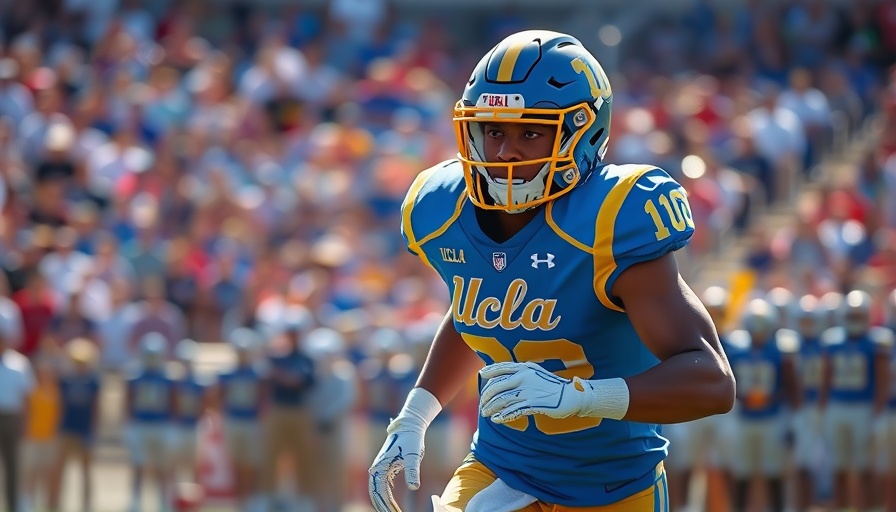
Fan Reactions to Carson Schwesinger's Draft Selection
The anticipation surrounding the NFL Draft is palpable, especially for fans seeking a glimpse into the future of their favorite teams. Recently, social media erupted with reactions as the Cleveland Browns selected Carson Schwesinger as the No. 33 pick in the 2025 NFL Draft. Fans expressed a range of emotions, from excitement over potential winning plays to concerns about his ability to perform on such a grand stage.
Understanding the Social Media Impact
In the digital age, social media serves as a vital platform for fans to voice their opinions. It also allows teams to gauge the pulse of their supporters. The Browns' social media channels saw intense engagement as fans shared insights, memes, and videos highlighting Schwesinger’s skill set. Some praised his undeniable talent, while others remained skeptical, emphasizing the challenges of transitioning from college football to the NFL.
Highlighting Expectations and Comparisons
Many in the community likened Schwesinger's selection to past draft picks, wondering if he could emulate or surpass their successes. Comparisons to other high-profile players often fuel debates among fans. Some highlighted similarities between Schwesinger and standout quarterbacks, hoping he might bring the same energy to a previously struggling offense.
The Broader Context of NFL Drafts and Fan Psychology
Draft selections are pivotal moments for franchises and their fanbases. The perception of an athlete's potential can elevate team spirit or contribute to a lingering sense of disappointment depending on performance. The Browns, known for their tumultuous history, now face the unique challenge of managing expectations while instilling hope.
Community Insights: What This Pick Means
The reaction to Schwesinger's draft selection also offers insights into broader societal themes such as community identity and loyalty. Fans often invest emotionally in these athletes, viewing them as representatives of their hometowns and values. As such, endorsements, player narratives, and backgrounds become essential narratives within the drafting process.
Future Predictions: Can Schwesinger Shine?
Looking ahead, conversations swirl around what Schwesinger’s impact might look like on the field in the upcoming season. Will he be a game-changer for the Browns, or will the challenges of professional play overwhelm him? Analysts debate his transition to the NFL, weighing his potential against historical data on similar players. As training camp approaches, fans are eager to witness how he responds to the physical demands of the league.
Actionable Insights for Fan Engagement
For fans wanting to engage more with this conversation, tracking Schwesinger's performance through social media platforms can provide real-time updates. Additionally, participating in discussions online can help create a sense of community, allowing fans to share thoughts and observations, which greatly enriches the fan experience. Being part of this dynamic conversation can enhance one's connection to both the team and the sport.
As the season unfolds, the narrative around Carson Schwesinger will likely continue to evolve, fueled by public sentiment and his on-field performance. The electrifying world of the NFL draws us all in, so keep an eye on how this rookie will embrace the challenge ahead.
Ready to embrace the excitement of a quickly changing sports world? Book Your Brand Voice Interview Now!
 Add Row
Add Row  Add
Add 




Write A Comment